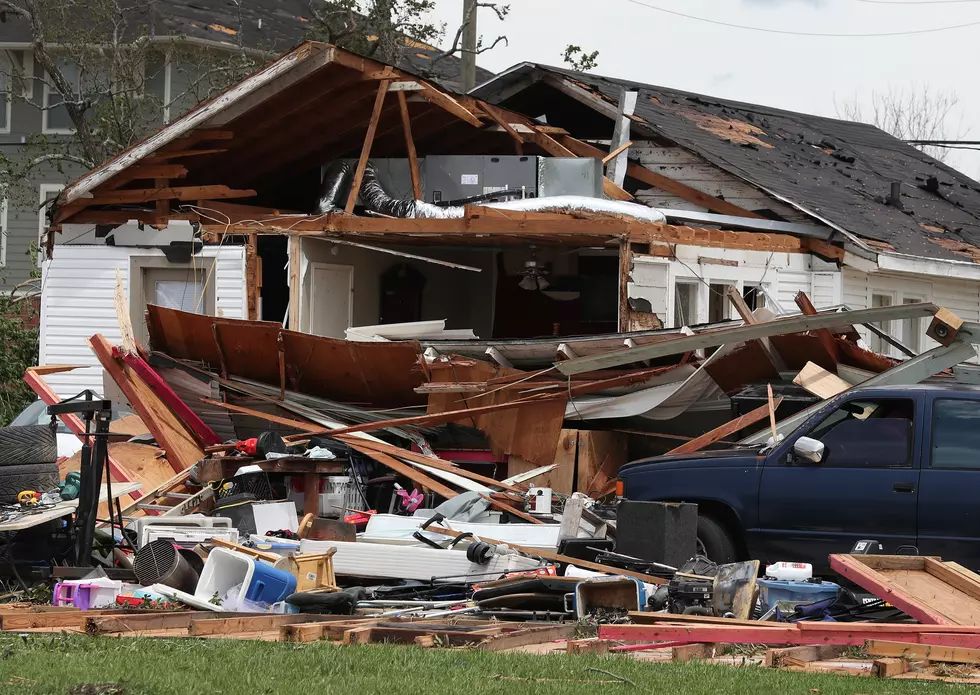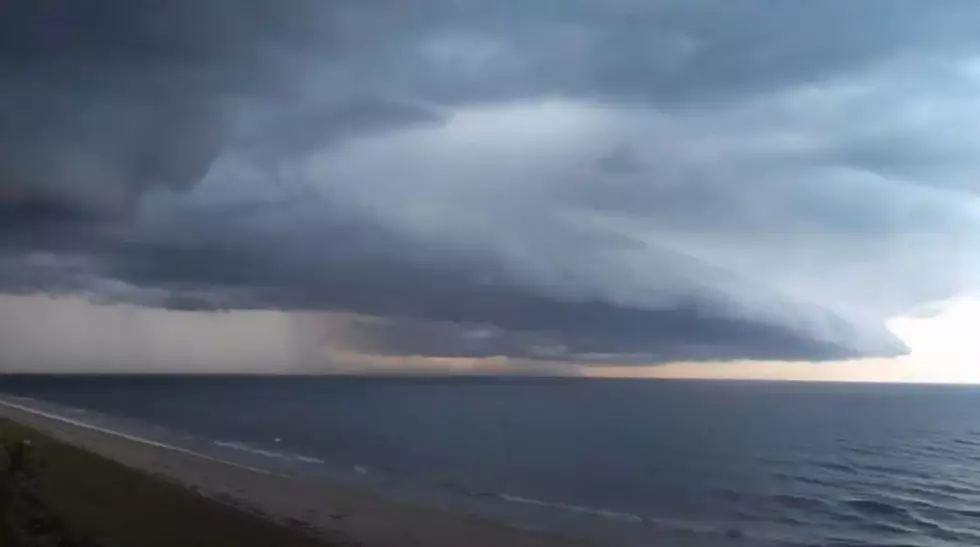
Understanding What Losses FEMA May Cover
It's only been two weeks since Hurricane Delta came rumbling through southwest Louisiana and many of you are still looking for ways to make necessary repairs to your home and property.
FEMA wants those who have uninsured or underinsured losses may be eligible for help make their homes livable.
Please keep in mind that FEMA assistance is not the same as insurance. Their assistance only provides for the basic requirements to make a home safe, sanitary and functional.
Do keep in mind that if you applied for FEMA assistance after Hurricane Laura, you will have to register for Delta assistance. First, contact your insurance company to file your storm-damage claims and document the damage with photos.
Home damage must be related to Hurricane Delta. FEMA inspectors may contact those who registered for help to conduct a remote inspection and calculate losses.
Here are examples of safe, sanitary and functional repairs to make a home livable:
Property: FEMA may assist with the replacement of or repairs to disaster-damaged heating, ventilation, and air-conditioning systems as well as refrigerators and stoves. Other possible repairs that may be covered are utilities such as electrical, plumbing and gas systems. Nonessential items like dishwashers and home theater equipment are not covered.
Ceiling and roof damage: FEMA may assist with repairs to disaster-related leaks in a roof that damage ceilings and threaten electrical components, like overhead lights. Stains from roof leaks are not covered.
Floors: FEMA may assist in repair of a disaster-damaged subfloor in occupied parts of the home. Floor coverings like tiles or carpets are not covered.
Windows: FEMA may assist with disaster-related broken windows, but not blinds or drapes. Other FEMA help may include temporary expenses to pay for lodging if a survivor’s home is uninhabitable, or with assistance in replacing essential household items.
FEMA calculations on what may be covered vary as every survivor’s situation is different. FEMA assistance may not make you whole – it is only to make basic home repairs. Expenses for repairs that exceed the conditions to make a home safe, sanitary and functional are ineligible.
If you are lucky enough to get a disaster grant, FEMA encourages you to spend wisely. This money should not be used for travel, entertainment, regular living expenses or any discretionary expenses not related to the disaster. You are asked to keep receipts for three years to show you spend the grant.
If grant money is not used as outlined in the letter, you may have to repay FEMA and you could lose eligibility for further federal assistance that may become available later for your Hurricane Delta recovery.
Do keep in mind that after you apply for disaster assistance, you may be referred to the U.S. Small Business Administration. They offer low-interest disaster loans. Loans for up to $200,000 are available to homeowners.
To apply for assistance from FEMA from Hurricane Delta, visit DisasterAssistance.gov or call 1-800-621-3362.
For the latest information on Hurricane Delta, visit www.fema.gov/disaster/4570 or follow the FEMA Region 6 Twitter account at twitter.com/FEMARegion6.
For survivors of Hurricane Delta, FEMA has registered more than 20,261 households for federal assistance. To date, FEMA has put almost $858,000 in the hands of Delta survivors and disbursed $858,000 for housing assistance.
Delta Photos from Around Acadiana in a Way You've Never Seen Them
More From Cajun Radio 1290 AM









